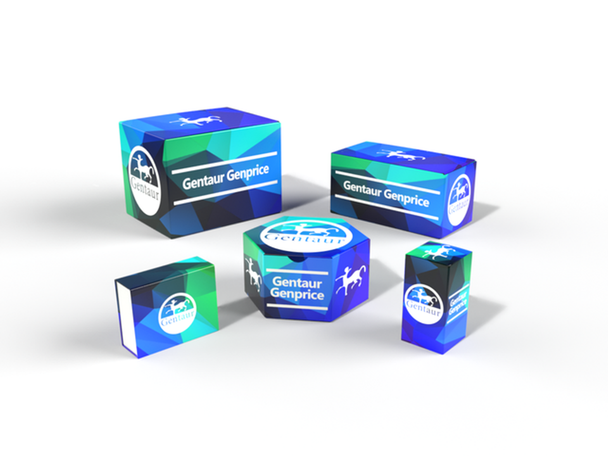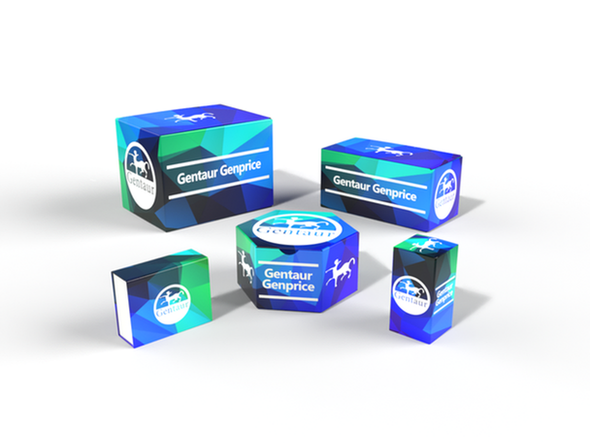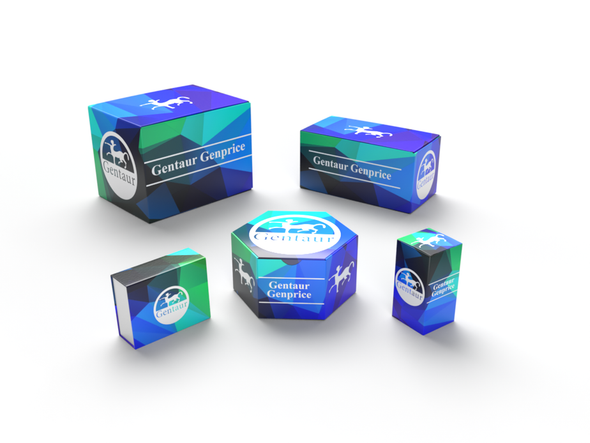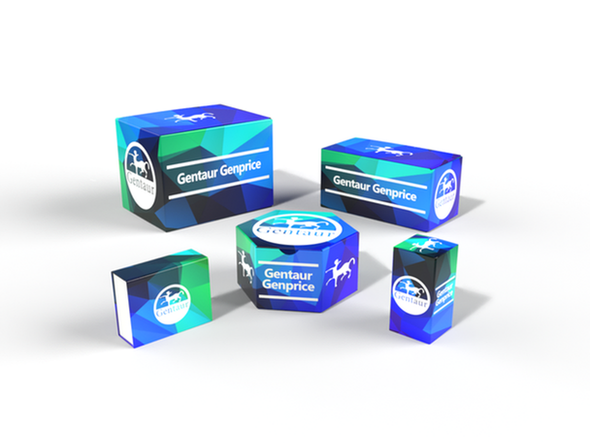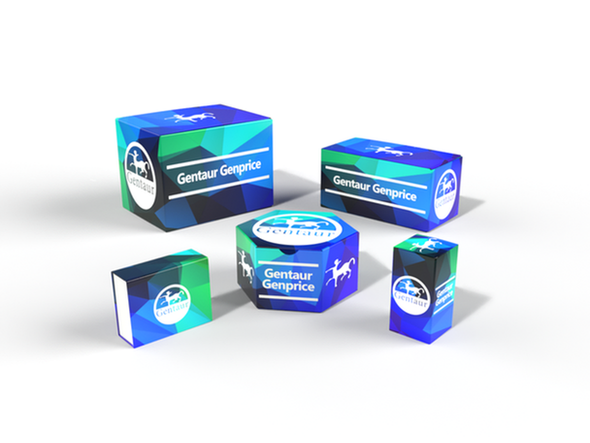BW
Cytokeratin 17 polyclonal Antibody | BS6649
- SKU:
- BW-BS6649
- Availability:
- Usually ships in 5 working days
Description
Cytokeratin 17 polyclonal Antibody | BS6649 | Gentaur UK, US & Europe Distribution
Host: Rabbit
Reactivity: Human,Rat
Application: WB,IHC,IF
Application Range: WB 1:500 - 1:2000 IHC 1:50 - 1:200 IF 1:50 - 1:200
Background: Cytokeratin 17 is a member of the Cytokeratin subfamily of intermediate filament proteins (IFPs) . It is unique in that it is normally expressed in the basal cells of complex epithelia but not in stratified or simple epithelia. Cytokeratin 17 contains 432 amino acids and is expressed in the nail bed, hair follicle, sebaceous glands and other epidermal appendages. Cytokeratin 17 functions to regulate cell growth and size through its interactions with the adaptor protein 14-3-3-sigma to mediate protein synthesis. Mutations in the gene encoding for Cytokeratin 17 lead to depressed protein translation and smaller sized skin keratinocytes, corresponding to decreased Akt/mTOR signaling activity. Cytokeratin 17 may be a useful marker for cervical stem cell identification, squamous cell carcinoma of the larynx, respiratory syncytial virus and transitional cell carcinomas of the human urinary tract.
Storage & Stability: Store at 4°C short term. Aliquot and store at -20°C long term. Avoid freeze-thaw cycles.
Specificity: Cytokeratin 17 polyclonal Antibody detects endogenous levels of Cytokeratin 17 protein.
Molecular Weight: ~ 48 kDa
Note: For research use only, not for use in diagnostic procedure.
Alternative Names: Keratin, type I cytoskeletal 17; Cytokeratin-17; Short name=CK-17; CK17; Keratin-17; Short name=K17; KRT17; Keratin17; Cytokeratin17;
Immunogen: Recombinant full length Human Cytokeratin 17.
Conjugate: Unconjugated
Modification: Unmodification
Purification & Purity: The Antibody was affinity-purified from rabbit antiserum by affinity-chromatography using epitope-specific immunogen and the purity is > 95% (by SDS-PAGE) .
Pathway: T cell receptor signaling,

